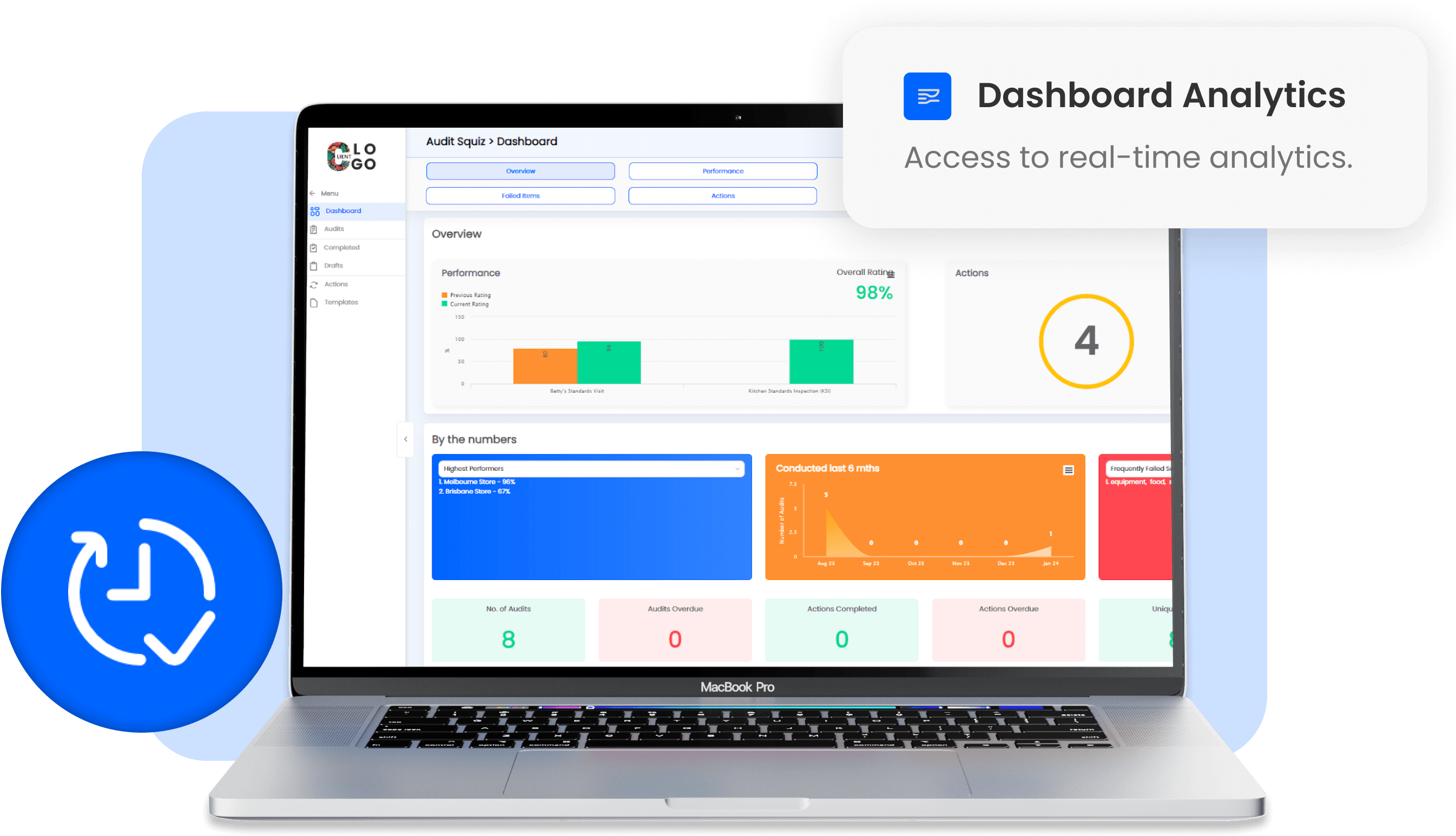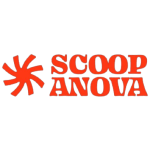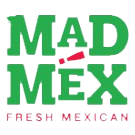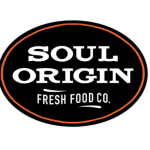Food Safety Compliance
Pass Food Safety Audits & Inspections with Audit Squiz
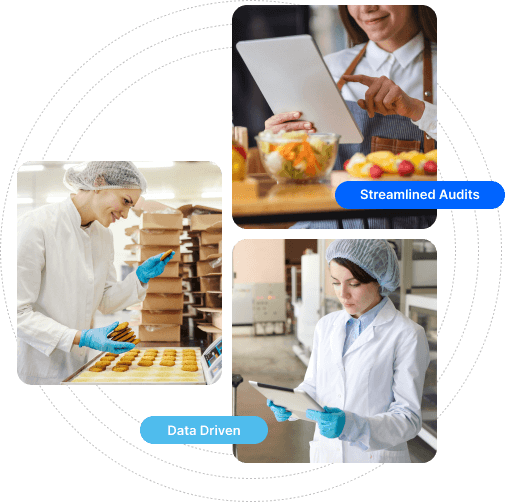
Join the businesses using Squizify
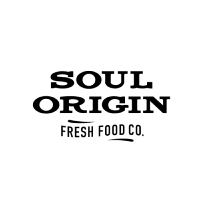


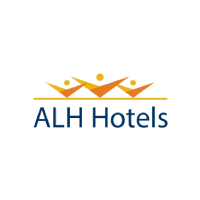
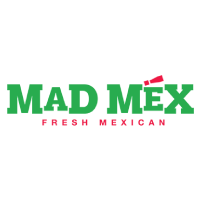

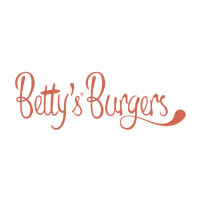
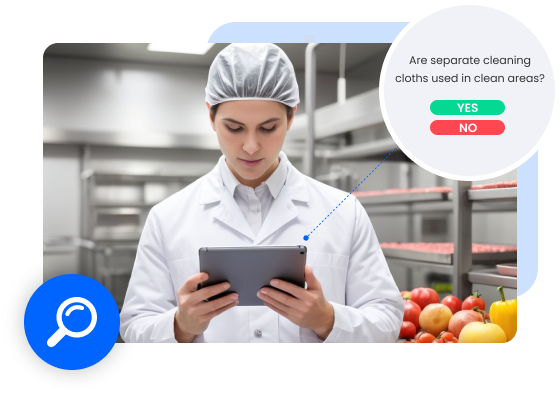
In-House Audits
Streamline Food Safety Audits
Empower your team by consolidating all food safety auditing requirements in one place.
- Equip your team with tools for conducting in-house food safety audits effortlessly.
- Enhance team capabilities to ensure compliance and uphold safety standards effectively.
- View all the information you require in one easy place via the Audit Dashboard.
Standards Compliance
Create Your Own Inspections
Replicate existing audits and inspections, Customise audits to fit your store workflow.
- Effortlessly replicate council inspections to avoid surprises during official visits.
- Ensure adherence to regulations and standards with thorough audit simulations.
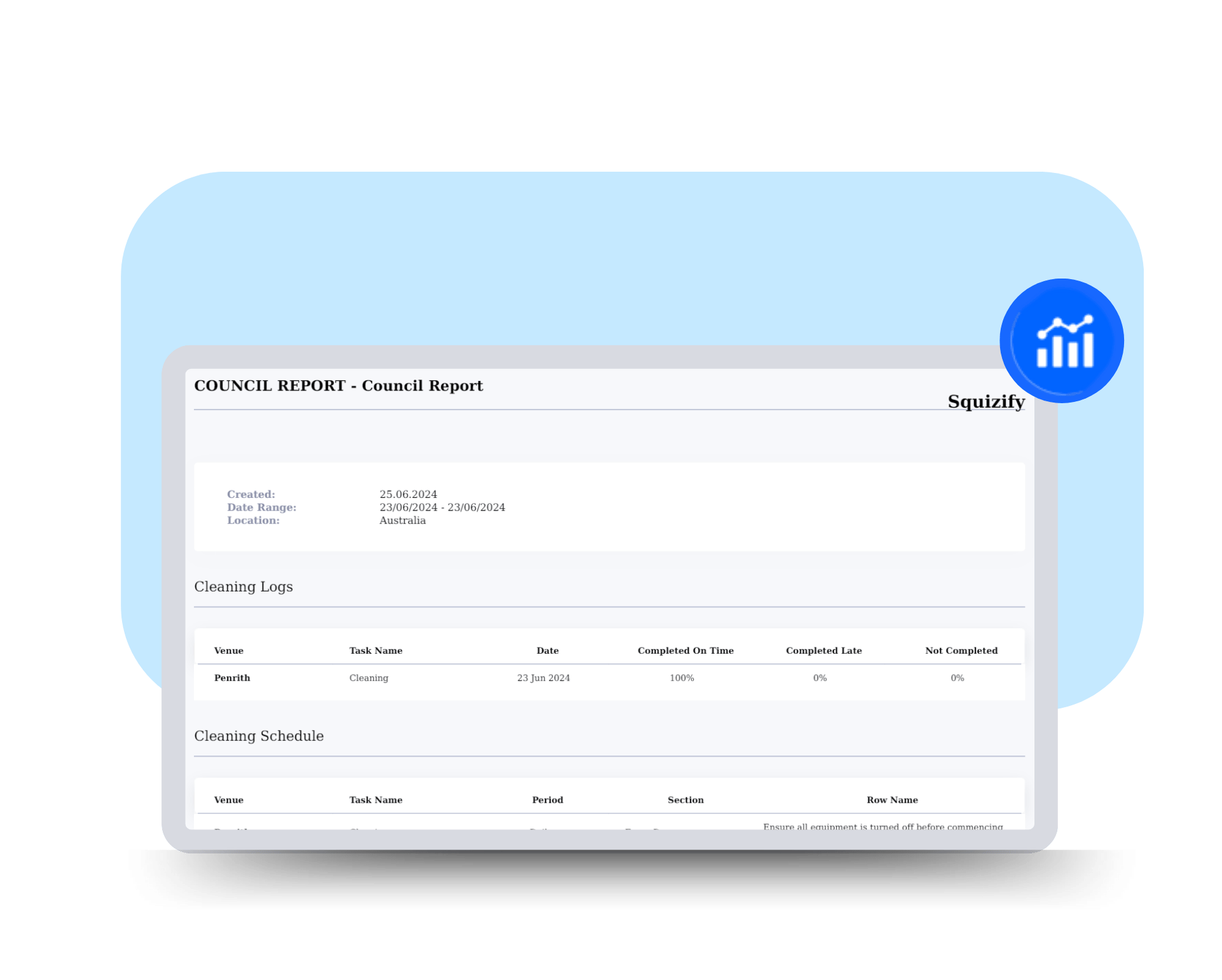
Field Optimization
Thorough Operational Inspections
Optimised field operations enhance efficiency and effectiveness in conducting operational inspections and brand audits.
- Enable field representatives to perform operational inspections and brand audits efficiently.
- Enhance productivity and accuracy in field assessments for improved operational efficiency.
Traceable actions
Swift Issue Resolution
Traceable action plans make sure that issues found during audits and inspections are dealt with efficiently and responsibly.
- Establish traceable actions for swift issue resolution based on audit findings.
- Streamline problem-solving processes to address issues promptly and effectively.
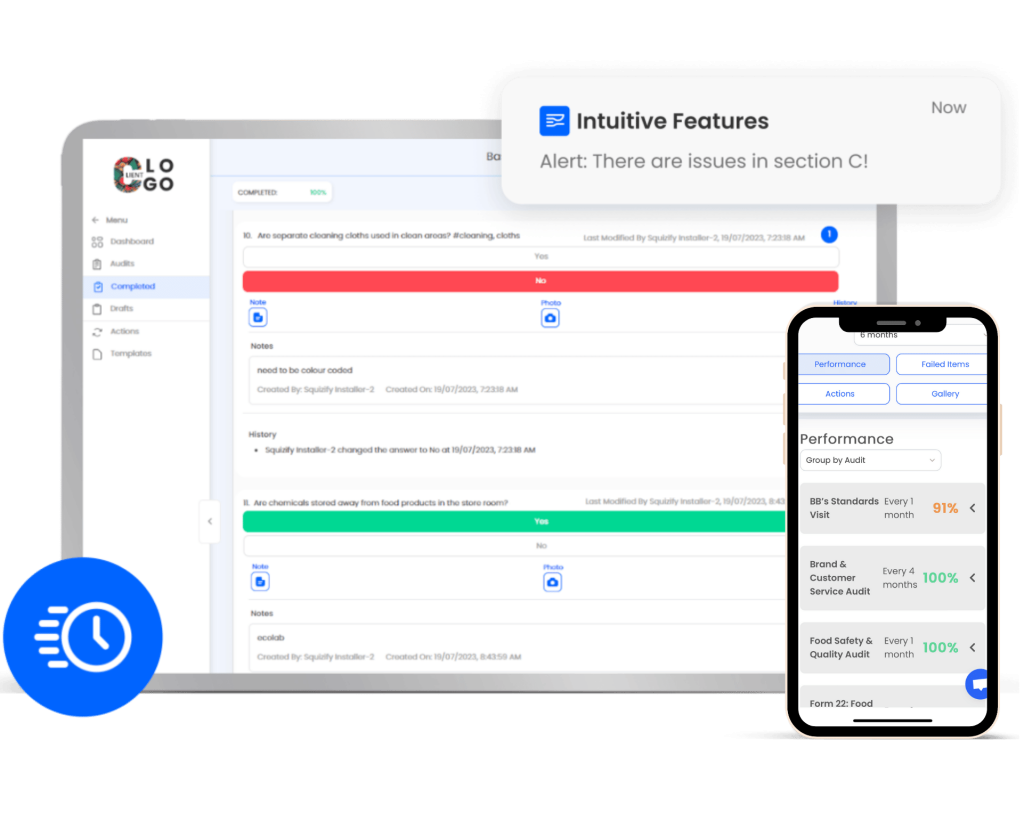
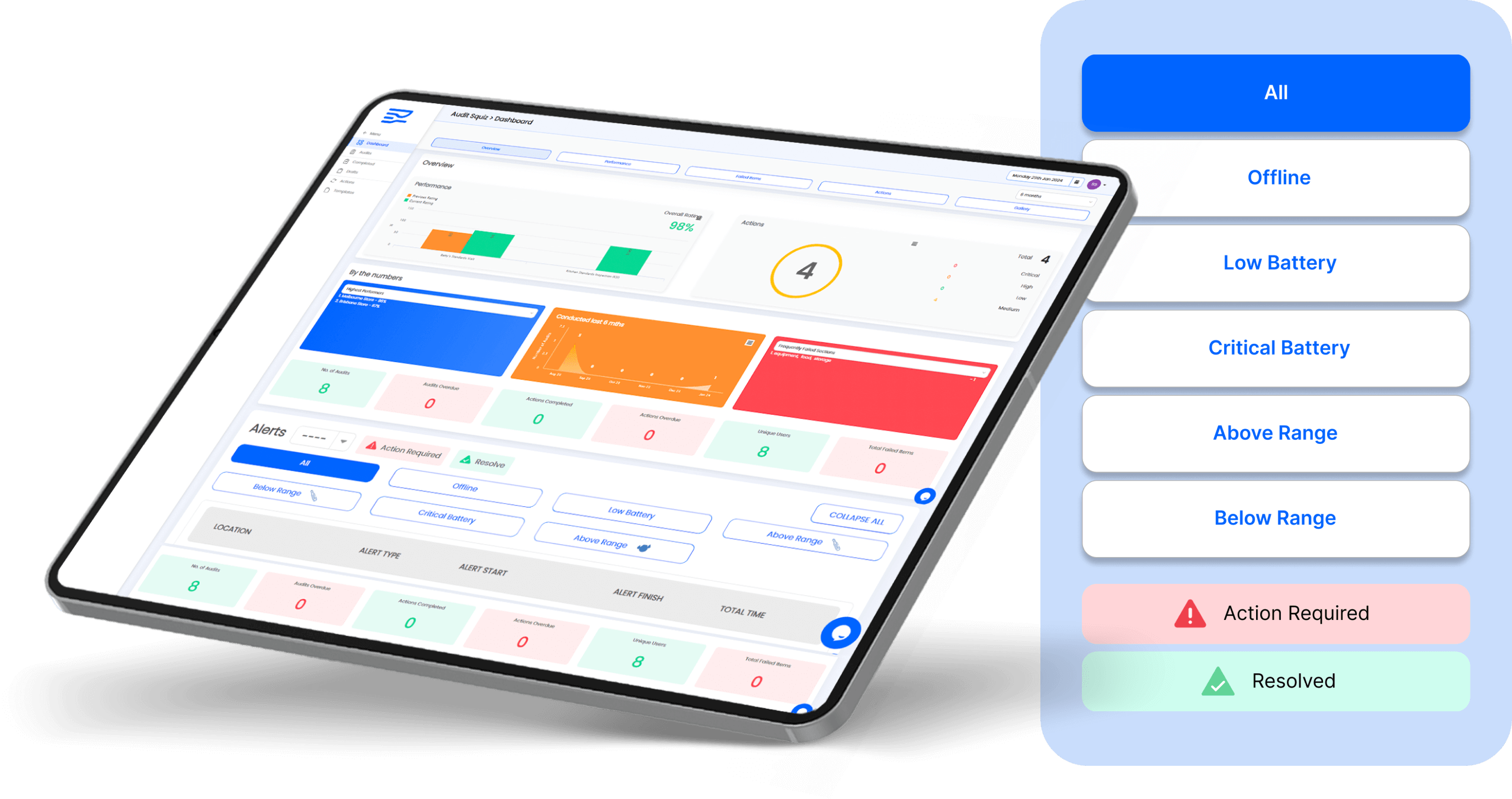
Data driven
Actionable Insights
Data-driven decision-making helps you choose what to do next based on the information you have.
- Access comprehensive dashboard analytics and detailed reporting for actionable insights.
- Make informed decisions based on real-time data to drive continuous improvement and operational excellence.
Reach out today to see how Squizify can improve the efficiency and accuracy of your food safety audits and inspections.
Everything you need for superior food safety management
Reduce Wastage
Real-time monitoring ensures food is kept at the right temperature saving on unnecessary wastage.
Track Performance
Monitor the health and performance of your assets by seeing in advance small issues before they become big problems.
Improve Productivity
Remove the need for staff to manually record temperature readings saving time and improving productivity.
Support & Resources
Benefit from our dedicated support team, ready to assist with setup, troubleshooting, and ongoing maintenance.
How Squizify Streamlines Food Safety and WHS Compliance
Squizify has been integral in assisting us with managing food safety protocols within our restaurants as well as provided us with a user-friendly platform to record and monitor WHS requirements such as incident reporting and near misses accurately and easily.
– Brad, Head of Operations at El Jannah
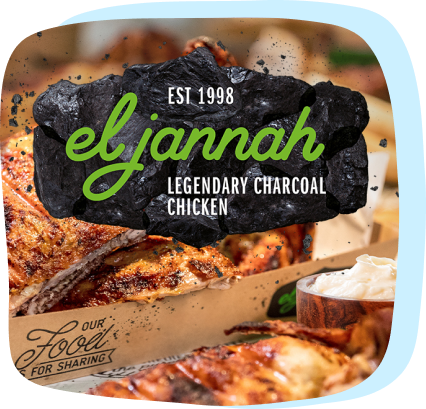
Empower your business
with our food safety compliance solutions.
Get started today!
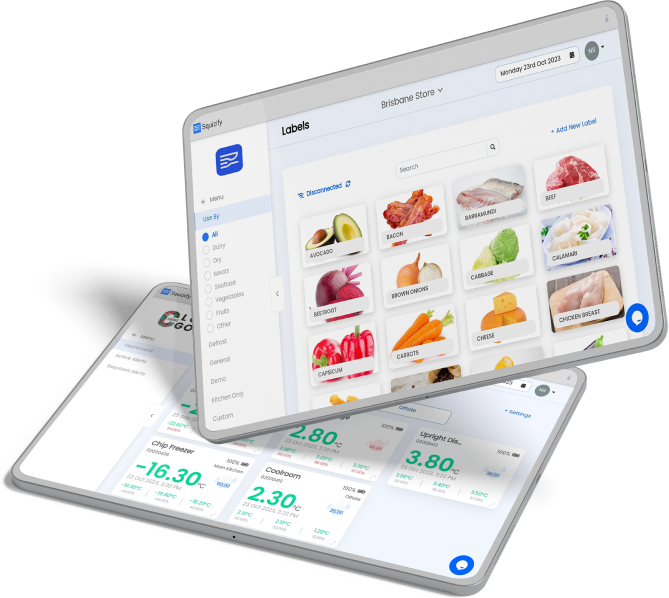
What is Food Safety Compliance?
Food safety is a top priority for food and beverage companies, as it is essential to prevent foodborne illnesses and ensure public health. A robust food safety program is a critical component of any food business, helping to identify and control food safety hazards. Ensuring food safety is not just about meeting regulatory requirements; it is about protecting consumers and maintaining the integrity of the food supply chain.
By prioritising food safety, businesses can build customer trust and uphold their reputation in the competitive food industry.
Understanding the Basics of Food Safety
Food safety involves preventing food supply contamination by identifying and controlling hazards in the food supply chain. This includes implementing good hygiene practices, proper cleaning and sanitising of food premises and equipment, ensuring that food handlers are trained and aware of food safety issues, and continuously monitoring food temperatures. A food safety supervisor oversees the food safety program, ensuring all employees are trained and compliant with food safety regulations. By maintaining high standards of cleanliness and hygiene and by continuously monitoring and improving food safety practices, businesses can effectively manage risks and protect public health.
Importance of Compliance in the Food Industry
Compliance with food safety regulations is crucial for food businesses to prevent severe consequences, such as hefty fines and irreparable damage to their reputation. Food safety regulations are developed by governing bodies to ensure food products are safe for consumption and prevent foodborne illnesses. By complying with these regulations, food businesses can ensure that their products are safe and high-quality, essential for maintaining customer trust and loyalty. Adhering to food safety standards protects consumers and enhances the overall quality and reliability of the food supply chain, fostering a culture of safety and excellence within the industry.
Food Safety Regulations
Food safety regulations ensure that food businesses operate safely and hygienically. These regulations vary by country and region, but they all share the common goal of preventing foodborne illnesses and promoting food safety compliance. Understanding and adhering to these regulations is essential for any food business aiming to provide safe and high-quality products. Compliance with food safety regulations helps businesses avoid legal issues, protect their brand reputation, and ensure the health and safety of their customers.
Navigating the Regulatory Landscape
Navigating the regulatory landscape can be challenging for food businesses, especially those that operate in multiple countries or regions. Understanding the different food safety regulations and standards that apply to your business, such as the international HACCP principles and food safety standards, is essential. By developing a comprehensive food safety program and ensuring compliance with regulatory requirements, food businesses can minimise the risk of foodborne illnesses and provide a safe and healthy food supply. This includes establishing record-keeping, temperature monitoring procedures, and corrective actions to prevent food supply contamination and ensure compliance with food safety regulations. Staying up to date with regulatory changes and continuously improving food safety practices are key to maintaining compliance and protecting public health.
How Can Food Businesses Strengthen Their Compliance Strategy?
Food businesses face increasing pressure to maintain rigorous safety standards while operating efficiently. Whether you’re running a small café or a large-scale food processing operation, Squizify enables teams to centralise all auditing activities through an easy-to-use food safety software platform. The platform is accessible online or through a food safety app, allowing users to track issues in real time and access a unified dashboard for complete oversight. With built-in tools for customising inspections and replicating council audits, food businesses can stay ahead of regulatory requirements and protect their brand.
The food industry is shifting rapidly toward digital transformation, and manual paper-based compliance processes can’t keep up. Food safety compliance is no longer a checkbox— government agencies are increasing expectations around transparency and traceability.
Squizify’s cloud-based auditing and monitoring tools help businesses overcome this challenge by providing real-time data visibility, automated audit trails, and streamlined inspections that reduce administrative burden while improving safety outcomes.
Why Food Handler Training Supports Better Audit Outcomes
Well-trained staff are essential for maintaining high compliance standards. Squizify supports food handler training by offering an intuitive interface for audits, clearly defined responsibilities, and a structured audit history to reinforce consistent, compliant behaviour. With everything documented in one place, your team is better prepared for inspections and corrective actions. A key focus is on proactive training that empowers staff to take ownership of food safety before risks arise.
Using Digital Tools to Improve Food Safety Plans
Food safety plans must be adaptable, scalable, and enforceable. Squizify allows businesses to tailor inspections to store-specific workflows, simulate real audit scenarios, and update safety plans based on operational insights. This tailored approach ensures food safety plans are living documents, not static checklists. It enables businesses to adapt to changes in their production process and respond quickly to emerging risks.
How to Ensure Compliance Across Multiple Food Sites
Managing food safety across multiple locations is complex. Squizify solves this by enabling standardised processes across sites, real-time issue tracking, and centralised reporting. Store managers and head office teams can monitor compliance levels and take action quickly to ensure all locations meet the same high standards. This is especially important as businesses must act decisively when issues are identified to avoid legal and operational setbacks.
Monitoring Critical Control Points with Digital Accuracy
Critical control points (CCPs), such as storage temperatures or cleaning schedules, must be consistently monitored. Squizify’s real-time monitoring tools, like wireless temperature tracking, automatically log readings and trigger alerts when limits are breached. This supports preventive controls that reduce the likelihood of contamination and keep operations running smoothly.
Streamlining Hazard Analysis and Critical Control with Smart Systems
Squizify supports businesses through every stage of hazard analysis and critical control (HACCP). Its custom audit builder allows you to structure workflows around identified hazards and control measures, while the audit history and dashboard offer full traceability for every inspection and response. By digitising this process, Squizify ensures verification procedures are consistently followed and documented, creating a robust compliance ecosystem.
How to Establish Record Keeping Without Paper Trails
Reliable record keeping is non-negotiable in food safety compliance. With Squizify, all inspection results, issue resolutions, and temperature logs are captured digitally, eliminating the risks of lost paperwork or inconsistent records. Everything is stored securely and is instantly accessible when needed—ideal for internal reviews or regulatory inspections. This level of transparency also helps businesses demonstrate adherence to the law during audits or investigations.
Taking Fast and Effective Corrective Actions After an Audit
When issues are flagged, businesses need to act fast. Squizify’s action tracking system enables food businesses to assign, document, and follow up on corrective actions in real time. This ensures swift resolution, clear accountability, and full traceability—minimising disruption and maintaining compliance. For example, if a temperature breach is detected, staff are immediately alerted and corrective action is logged, ensuring nothing is missed and compliance remains intact.
Frequently Asked Questions
Get answers to common questions about our food safety compliance offering.
What is food safety compliance, and why is it essential for my business?
How can Squizify help my business improve food safety compliance?
Squizify simplifies food safety compliance by digitising audits, creating custom inspections, logging temperature data, and offering real-time insights. It provides everything in one dashboard so you can monitor performance, resolve issues promptly, and stay ahead of regulatory changes.
What’s the difference between a food safety audit and a food safety inspection?
A food safety audit is usually an internal or third-party review of systems, documentation, and records to verify compliance. At the same time, government agencies typically conduct a food safety inspection to ensure adherence to regulations. Squizify prepares businesses for both by enabling the simulation of council inspections and tracking compliance performance.
How do I prepare for a food safety audit using Squizify?
Squizify prepares your team for food safety audits by centralising all records, providing digital checklists, and allowing you to replicate audit scenarios. The Audit Dashboard offers complete visibility, helping staff stay organised and confident during the audit process.
Can digital tools improve food safety compliance outcomes?
Digital tools like Squizify enhance food safety compliance by reducing manual entry errors, automating data capture (e.g., temperature monitoring), and generating actionable insights. This saves time and ensures you have reliable records when needed.
What happens during a food safety inspection, and how can I avoid penalties?
Health officers assess hygiene, staff training, food handling, and temperature control during a food safety inspection. Squizify helps you stay inspection-ready by providing structured record-keeping, automated alerts for breaches, and traceable corrective actions to address issues before they escalate.
How does Squizify handle corrective actions after a food safety audit or inspection?
Squizify enables businesses to assign, document, and track corrective actions in real time. Once an issue is identified, you can immediately respond, document the resolution, and verify that the necessary steps have been taken to prevent recurrence.
Why is staff training essential for food safety compliance?
Trained staff are the frontline of any food safety program. Squizify supports food handler training by offering clear audit workflows, responsibilities, and feedback loops, making compliance part of daily operations rather than a once-off task.
What record-keeping is required for food safety compliance, and how does Squizify help?
Businesses must maintain records of audits, corrective actions, temperature logs, and inspections. Squizify eliminates the need for paper trails by capturing all data digitally, ensuring records are secure, accessible, and aligned with regulatory requirements.
Have more questions about our food safety compliance offering?
